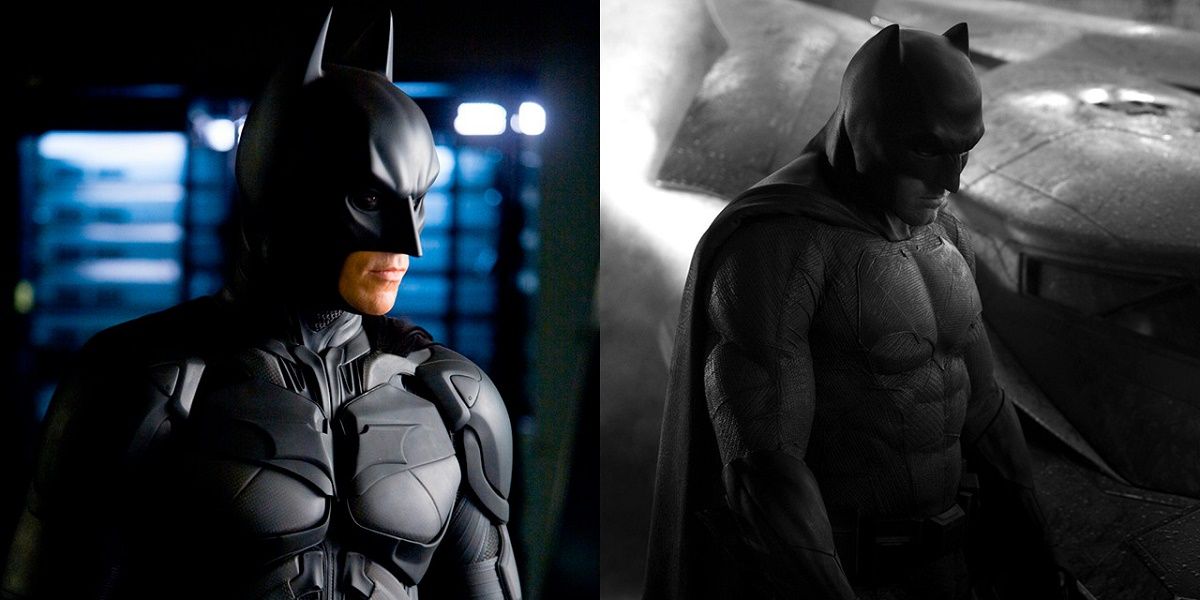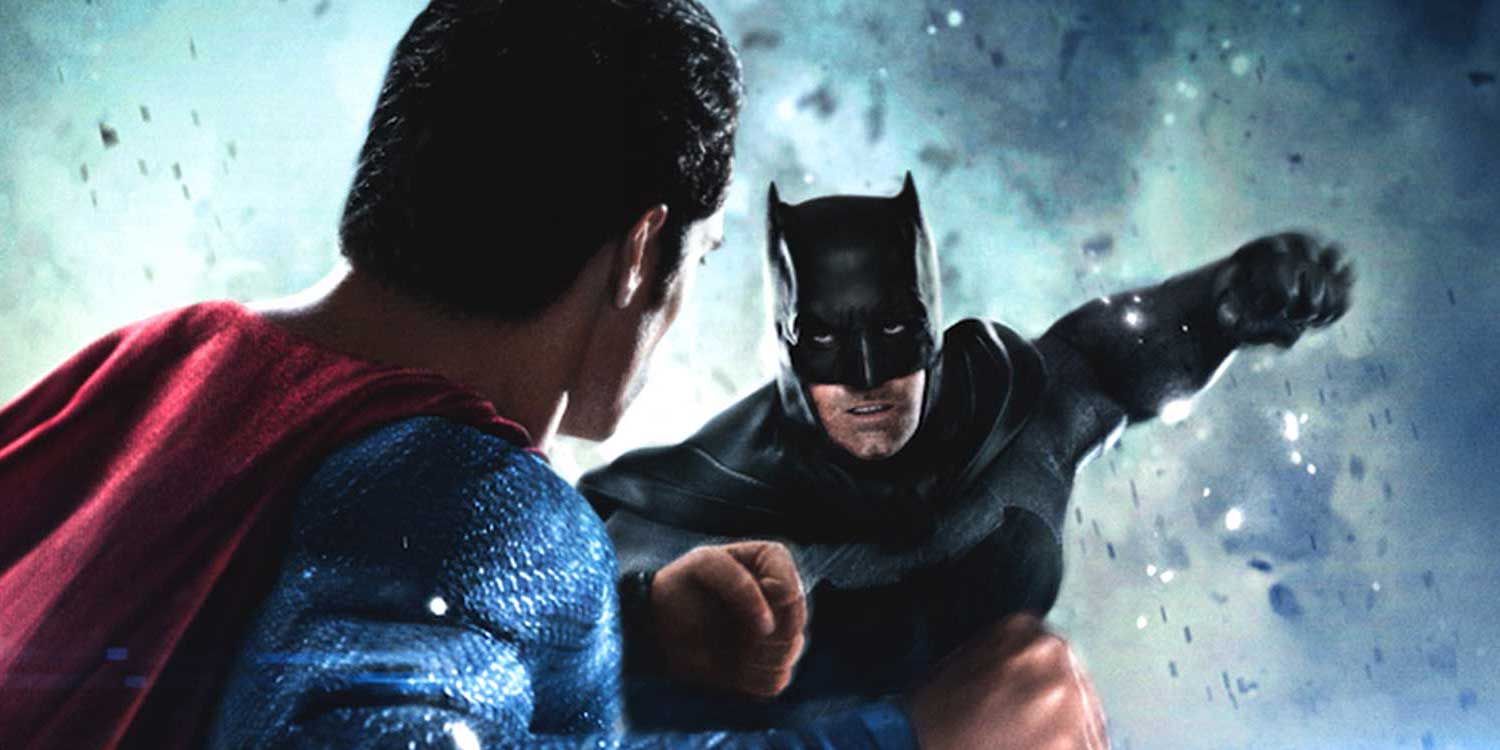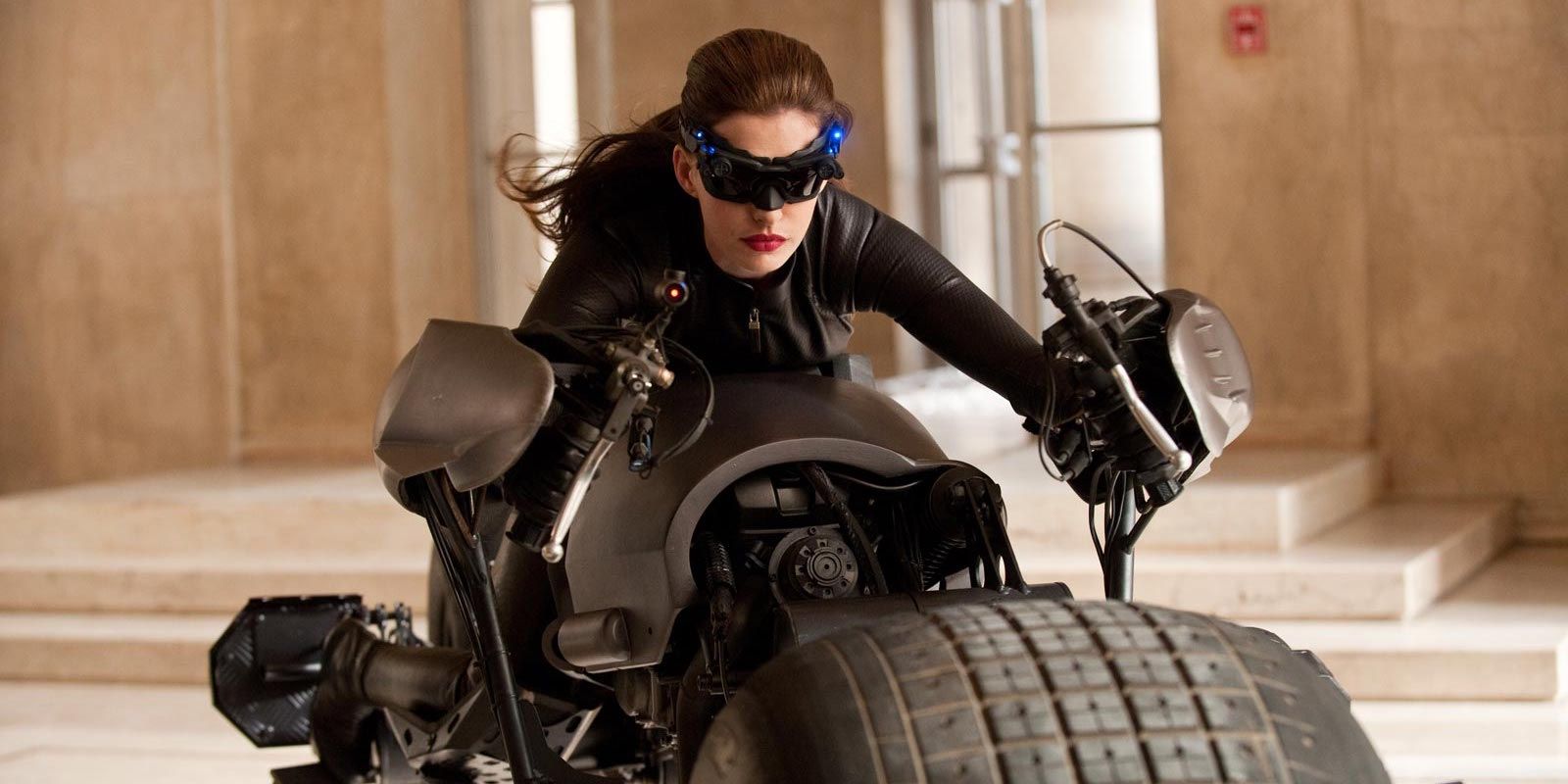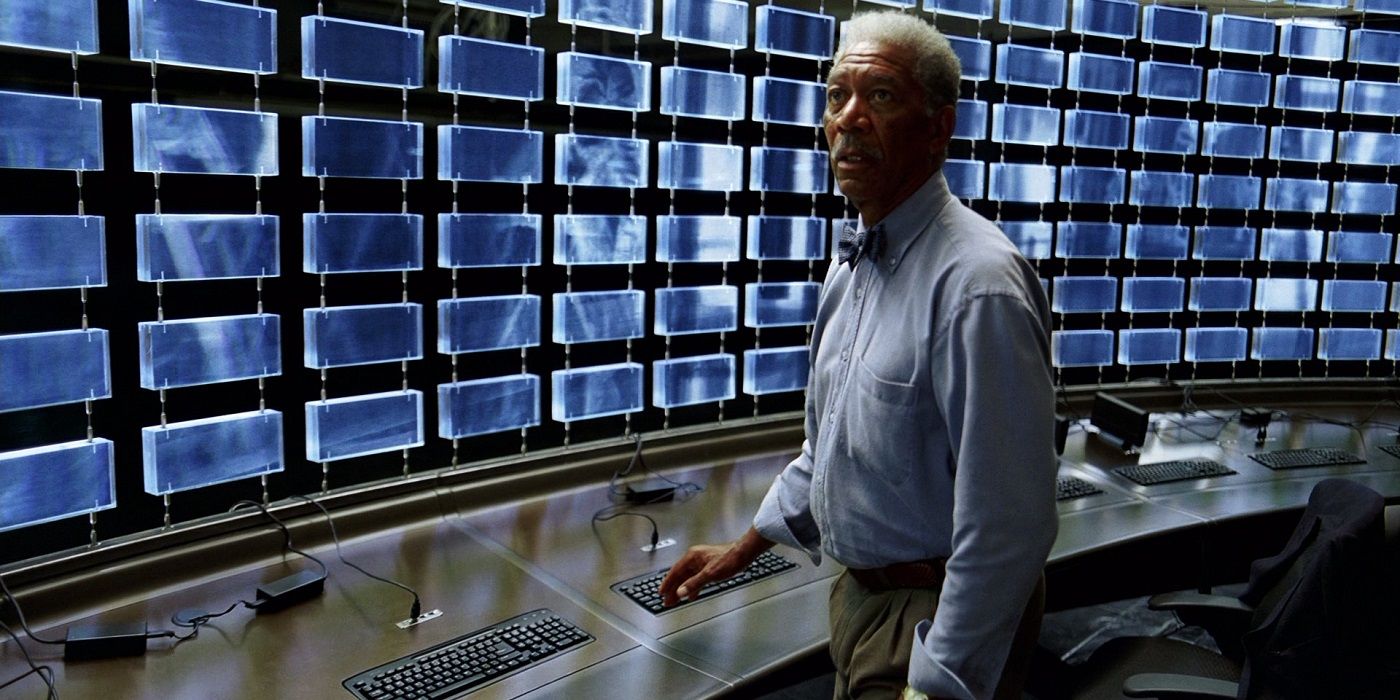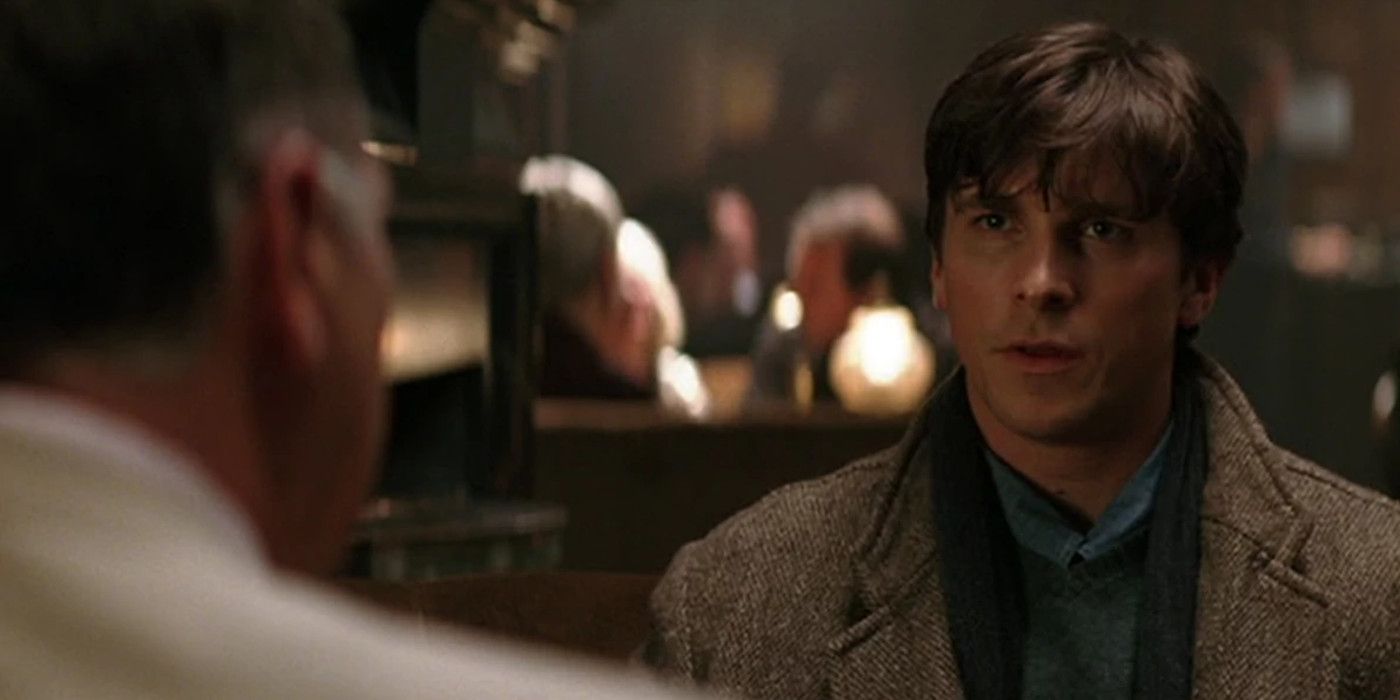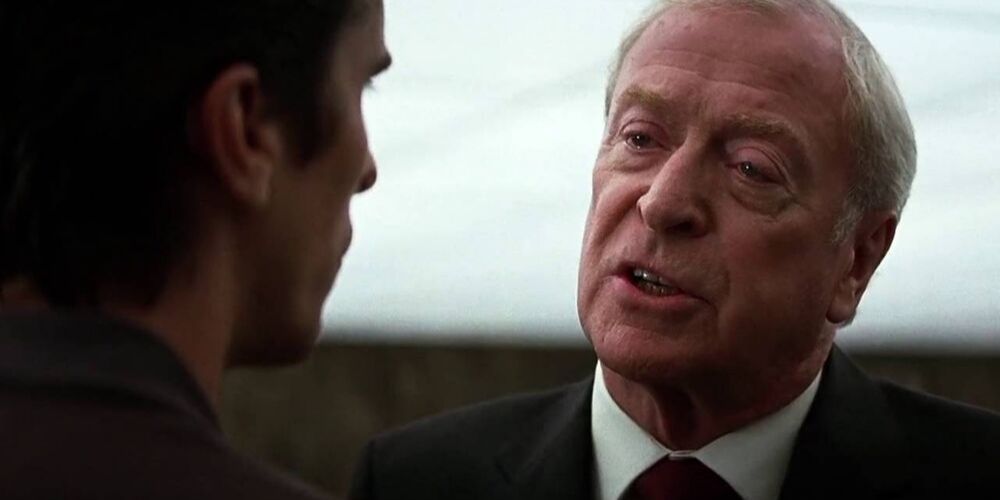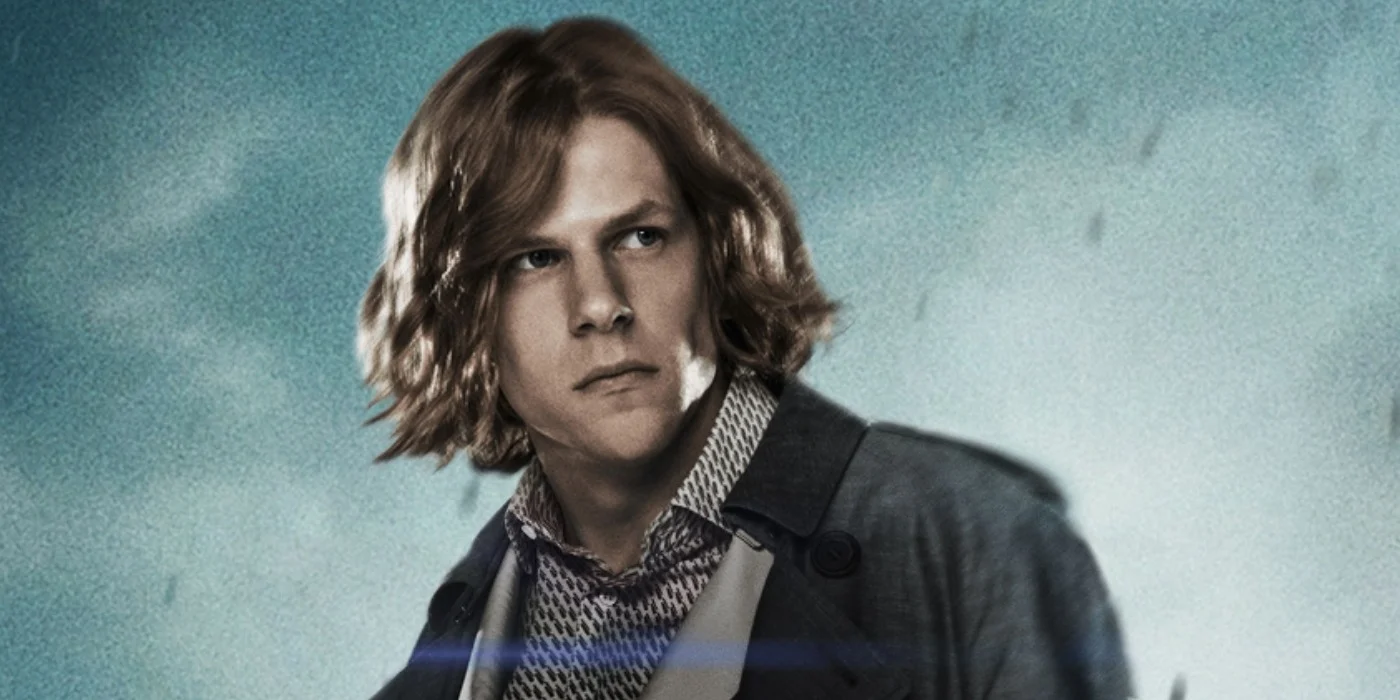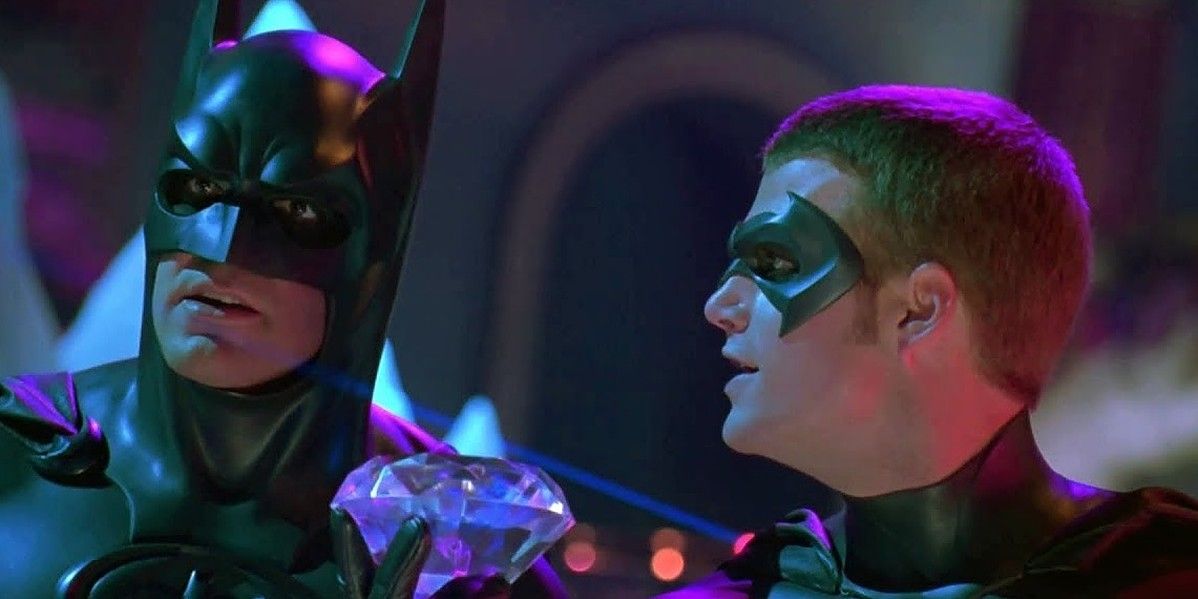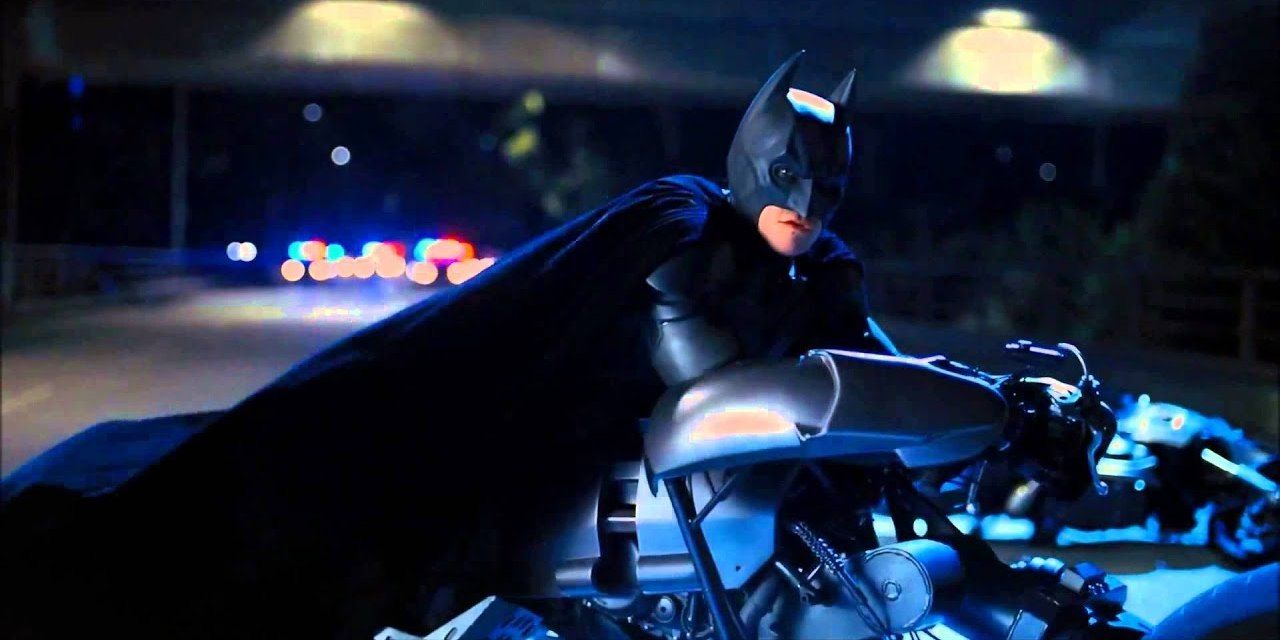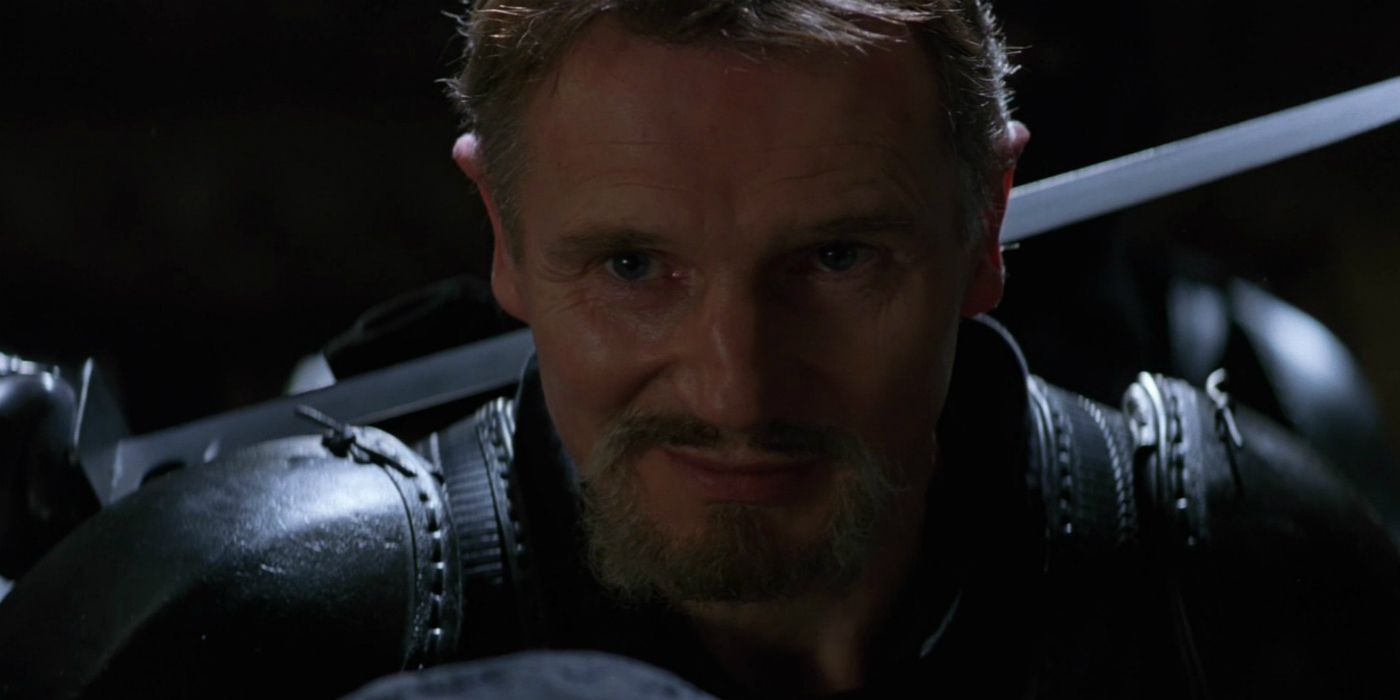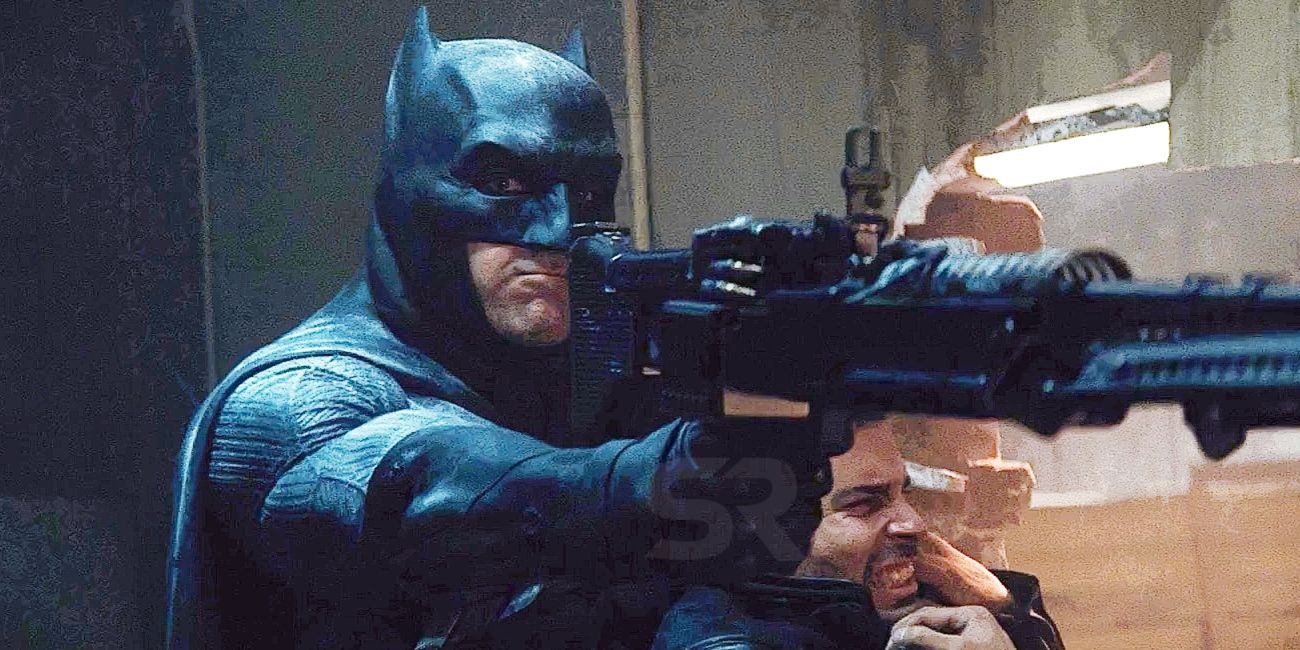For years now, Batman has been a rather successful on-screen superhero. As one of the most popular comic book characters of all time, it would make sense that his popularity would translate well to such a wide audience. Though some on-screen interpretations have definitely been better than others, the films tend to try their best to pull from the character’s rich and extensive comic book history.
However, whether creators are spot-on or drastically different in their interpretation from the comics, Batman has always made some questionable decisions. As an incredibly dark character to begin with, it would make sense that some creatives would push the boundary a bit farther than others. To look back at some darker moments in Batman’s cinematic history, here is our list of 10 morally questionable decisions the Dark Knight has made in the movies.
Fought Superman Without Knowing Him (BvS)
Batman is typically depicted as one of the most calculated characters in all of comics. However, he can occasionally be rather impulsive, which has often led to him making a few mistakes or judgement errors. In 2016’s Batman Vs Superman: Dawn of Justice, it is safe to say that Batman made a bad call.
Since this older version of Batman was without a Robin, it is easy to believe that he would be more impulsive and violent, as that is what happened in the comics. However, just because it is believable, doesn’t mean that it wasn’t a bad call on Batman’s part. Thankfully, Batman realized the error of his ways before doing anything too drastic.
Teaming With Selina Kyle (Again) (The Dark Knight Rises)
Christopher Nolan’s version of Batman is one of the most celebrated takes on the Dark Knight yet. However, that doesn’t mean that this Batman didn’t make his fair share of poor decisions. At the climax of the last film, Batman teams up with Catwoman in order to take down Bane and reclaim Gotham. Earlier in the film though, Selina Kyle betrayed him, which is part of how Gotham fell in the first place.
Though she had her reasons, equipping her with some highly advanced weapons is a pretty risky thing to do, all things considered. Furthermore, Selina uses the Batpod to kill Bane, despite Batman’s “strict” no-killing rule. While fans were relatively pleased with the outcome, it is still morally questionable on Batman’s part.
Hack Every Phone in Gotham (The Dark Knight)
Despite having the best intentions, spying on virtually every citizen of Gotham is a very drastic measure, even for Batman. Towards the end of The Dark Knight, Batman teams with Lucius Fox and uses the machine to help take down the Joker.
However, the fact that a machine like this existed in the first place was an extremely gray area of morality, which was pointed out by Lucius as well. Though Batman made the right decision in the end to destroy it, the fact that he created it in the first place is very surprising.
Planning to Shoot Joe Chill (Batman Begins)
On his journey to becoming Gotham’s savior, Bruce Wayne first had to face his own inner demons. Before donning the iconic cape and cowl in Batman Begins, Bruce actually attempts to shoot Joe Chill in order to get revenge for his parents' death. Unfortunately for him, someone else successfully takes Chill’s life before Bruce can get close enough to do so himself.
Though he wouldn’t get his revenge, this act saved Bruce from becoming the worst possible version of himself. It also taught him that there is a better way to go about Gotham’s crime situation. Thanks to help from Rachel and Alfred, Bruce is able to channel his anger into a greater force for good, though this moment is still one of the darkest yet for any cinematic Batman.
Lying to Alfred (The Dark Knight Rises)
Towards the very end of The Dark Knight Rises, audiences learn that Bruce Wayne survived the nuclear explosion when Alfred sees him at a diner. Earlier in the film, it is established that the diner is a popular vacation site for Alfred, and he shares that he’d hoped to one day see Bruce there with a wife.
Though it is a very nice plot point to help tie the film together in the end, it doesn’t make much sense that Bruce wouldn’t tell Alfred that he was alive all along. For years, Alfred had successfully managed to keep Batman’s identity secret, so it’s safe to assume that he could have kept Bruce Wayne’s “death” a secret as well. For how close the two were over the years, the “why” of the situation is incredibly ambiguous.
Stole From Lex Luthor (BvS)
Throughout the film, Batman’s mistrust of Superman is so great that he goes to extreme lengths to ensure Superman’s defeat. This includes stealing one of the largest samples of Kryptonite from Lex Luthor and Lex Corp. Though it makes sense that Batman would want something like this as a precaution, it is still a morally gray moment for his character.
Considering how Lex Corp wasn’t under any public suspicion at the time, Batman was technically acting like a straight-up villain. Though audiences know Lex to be a bad guy, Batman especially had no reason to suspect Lex of any wrongdoing at the time. Though it arguably ended up being the right move in the end, it is still a pretty sketchy action.
Not Trusting Dick Grayson (Batman and Robin)
In Batman Forever, Dick Grayson joins Batman at a much older age than he does in the comics. By the end of the film, though, the two find that they make a good team and continue to fight crime as the Dynamic Duo. Therefore, it is surprising to learn that Batman has so little trust for Robin at the start of Batman and Robin. Not only does this make little sense, but it also leads to some very odd decisions from both of them.
While Batman and Robin is far from a perfect film, Bruce’s lack of faith in his partner isn’t really morally gray in and of itself, but rather leads to some morally questionable actions from the two of them. His mistrust makes very little sense to begin with, but very little else in the film does as well.
Attacking Police (Batman Begins)
In yet another moment from Batman Begins, the introduction of the new Batmobile also sees Batman fight against several members of the GCPD. Though much of this scene is pulled from the Batman: Year One comic, Batman is certainly far more destructive than he is in the book. Shortly after making his debut, Batman rushes to save Rachel after she is exposed to the Scarecrow’s fear toxin.
While the police were in pursuit of Batman, he did everything he could to ensure Rachel's safety as fast as possible. Though no deaths are actually seen, it is incredibly hard to believe that no one died in this sequence. Even if the officers were able to escape unharmed, there is no way that Batman could be calculated enough to guarantee their safety in the situation. Because of this, it is pretty clear that he was bending his own code at the moment.
Letting Ra's Die (Batman Begins)
In one of the more controversial moments of Batman Begins, Batman chooses to let Ra's die from the impending train crash at hand. Considering the character’s code and history in the comics, some fans felt as though it was very out of character for the Dark Knight.
Though being out of character is debatable, it is still a morally questionable moment in the film. Considering how much emphasis Nolan’s trilogy puts on Batman’s moral code, he has a tendency to push the boundaries of it. While the film itself is still great overall, this is still one of the grayer moments for Batman on screen.
Killing People (Every Movie)
In the comics especially Batman has had a strict rule against taking a human life for many years. On screen, however, it tends to be the opposite, as almost every version of the Dark Knight has killed. While it may be a bit more obvious in films like Batman Returns or BvS, virtually every cinematic Batman has killed in some form or fashion.
Though this may not be a problem for some viewers, others have had an issue due to the character’s comic book portrayal. Even though he may not be intending to kill, Batman has still broken his code quite often, at least on the big screen.

